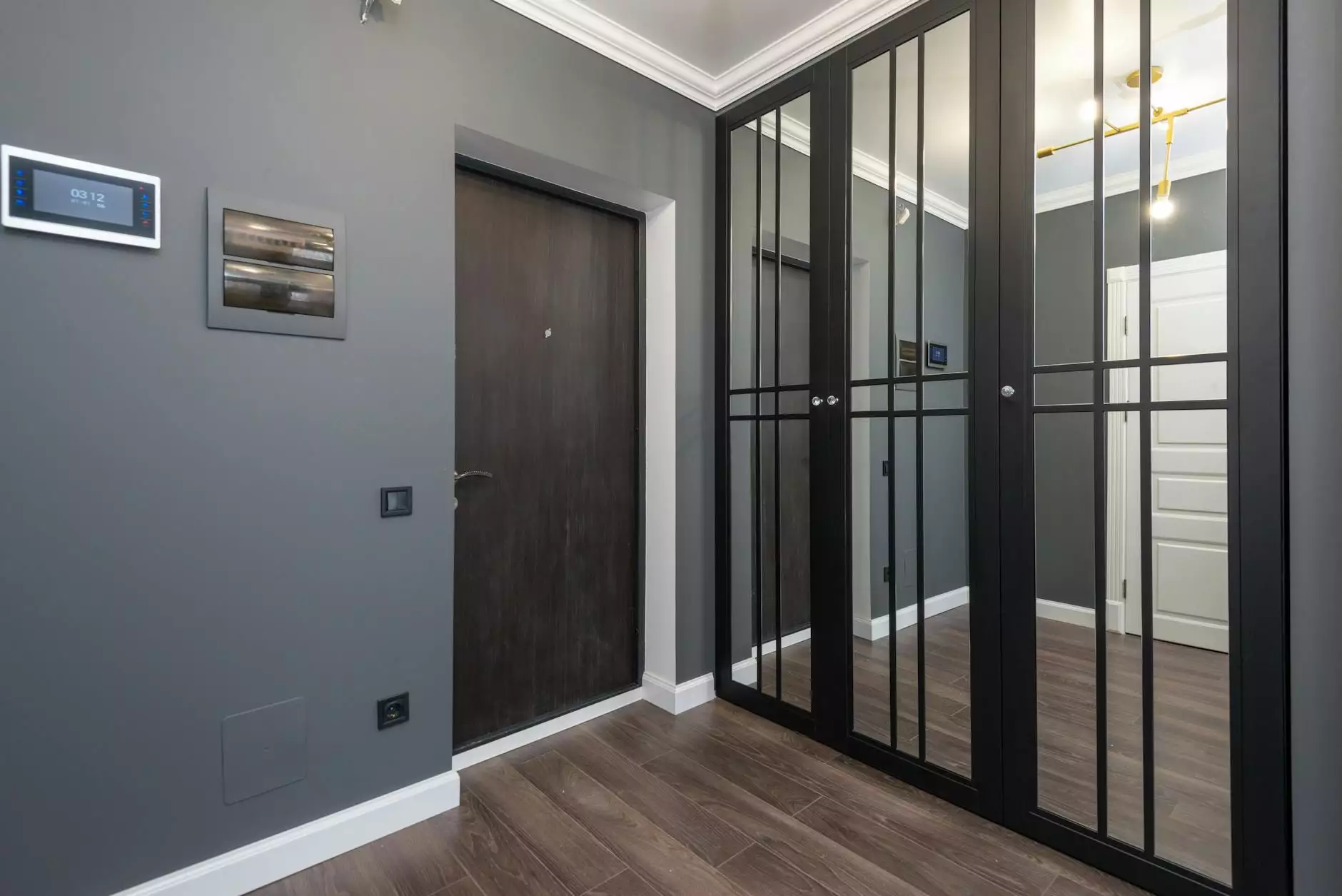Landlord's Guide to Fair Housing and Reasonable Accommodation
Property Management
Welcome to the Landlord's Guide to Fair Housing and Reasonable Accommodation, brought to you by Results Realty. As a leading provider of real estate services, we understand the importance of ensuring compliance with fair housing laws and providing reasonable accommodation to tenants.
Understanding Fair Housing Laws
One of the fundamental aspects of being a successful landlord is having a thorough understanding of fair housing laws. These laws prohibit discrimination based on race, color, national origin, religion, sex, familial status, and disability. It is crucial to familiarize yourself with these protected classes and their associated rights and responsibilities.
Fair Housing Act
The Fair Housing Act, enacted in 1968, is a federal law that aims to promote equal housing opportunities for all individuals. It prohibits discrimination in the sale, rental, and financing of housing based on any of the protected classes mentioned above. The U.S. Department of Housing and Urban Development (HUD) is responsible for enforcing the Fair Housing Act.
State and Local Laws
In addition to the federal Fair Housing Act, many states and local jurisdictions have their own fair housing laws that may offer additional protections. It is essential to familiarize yourself with the specific laws in your area and ensure compliance at all times.
Reasonable Accommodation
As a landlord, providing reasonable accommodation to tenants with disabilities is not just a legal requirement, but also a moral obligation. Reasonable accommodation refers to making necessary modifications or exceptions to policies, practices, or procedures to enable individuals with disabilities to have equal access to housing.
Understanding Disabilities
Under fair housing laws, disabilities can include physical, sensory, mental, and intellectual impairments that substantially limit one or more major life activities. It is important to have a broad understanding of disabilities and recognize that they can be visible or invisible.
Requesting Reasonable Accommodation
Tenants with disabilities have the right to request reasonable accommodation to ensure equal access to housing. It is essential to establish clear procedures for tenants to make these requests and have an open line of communication to address their needs promptly.
Creating an Inclusive Environment
Ensuring fair housing and reasonable accommodation extends beyond mere compliance with the law. As a landlord, you have the opportunity to create an inclusive environment that celebrates diversity and fosters a sense of belonging for all tenants.
Education and Training
Regularly educating yourself and your staff on fair housing laws and practices is crucial. This includes staying updated on any changes or new regulations in the field. Training can help you understand how to implement best practices, handle requests for reasonable accommodation effectively, and prevent discrimination.
Accessibility and Universal Design
Consider incorporating accessibility features into your rental properties. This could include ramp access, wider doorways, grab bars, and other modifications that promote accessibility for individuals with disabilities. Implementing universal design principles can benefit all tenants.
Open Communication
Encourage open communication with your tenants and provide a welcoming environment where they feel comfortable expressing their needs and concerns. Actively listen to their feedback and take appropriate actions to address any issues related to fair housing or reasonable accommodation.
Conclusion
The Landlord's Guide to Fair Housing and Reasonable Accommodation provided by Results Realty offers a comprehensive resource for landlords to ensure compliance with fair housing laws and create an inclusive environment for all tenants. By understanding the legal requirements, providing reasonable accommodation, and fostering an inclusive atmosphere, you can not only meet your legal obligations but also contribute to a more equitable society.










